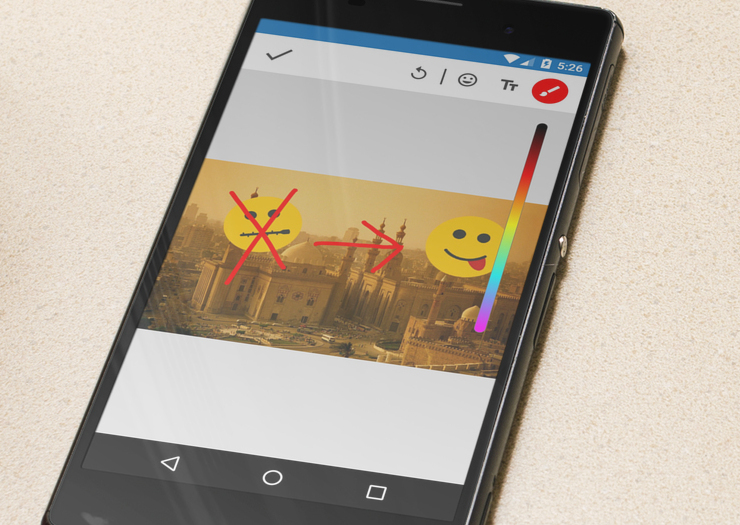New Android Version of Signal Adds Anti-Censorship Feature To Escape Egypt, UAE Blocking
Over the weekend, the Signal developers saw reports that Egypt and the United Arab Emirates were blocking Signal. The Signal team quickly created a censorship circumvention feature to bypass the blocking.
E2E Encryption Seems Effective Against Mass Surveillance
The only reason for a country to completely block Signal would be if the government can’t see the messages, which shows that Signal’s end-to-end encryption is indeed effective against mass surveillance.
Chat applications that only use server-side TLS encryption can often protect against surveillance, too. However, it’s easier either to bypass that encryption through hacking or to request the data that the company already stores on its servers.
When an application uses end-to-end encryption, the content of the communications is encrypted with a private key that’s stored on the users’ devices. Therefore, going to the company to ask for any data from the user that the governments decide to target doesn’t work anymore.
Circumventing Censorship
Signal seems to be resilient against mass surveillance, but because Signal is not a peer-to-peer application, it also means governments can more easily block its servers, thus interrupting Signal communications for millions of users.
If it were a P2P application, the government would have to block all Signal P2P traffic somehow. However, as we’ve seen with torrent traffic, that’s not such an easy task, especially if the traffic is encrypted and made to look like any other encrypted traffic.
For now, the Signal developers seem to have found a middle road by allowing Egypt and UAE citizens to route their Signal communications through public Content Delivery Networks (CDNs), such as those offered by Amazon, Akamai, Google, Fastly, Cloudflare, and others.
Get Tom's Hardware's best news and in-depth reviews, straight to your inbox.
This technique is called "domain fronting." If governments want to block Signal communications, they would have to block those large CDNs’ domains as well. The Signal team thinks this is much less likely to happen because then they would have to block large portions of the Internet.
In future versions of Signal, the app will detect automatically when a country is blocking it, and then it will enable censorship circumvention. This could be helpful to people who travel in countries that censor Signal, and it means that they wouldn’t have to set-up a VPN or Tor on their mobile devices anymore.
The iOS version with the anti-censorship feature is currently in beta, and the company should release it to all iOS users soon.
Lucian Armasu is a Contributing Writer for Tom's Hardware US. He covers software news and the issues surrounding privacy and security.
